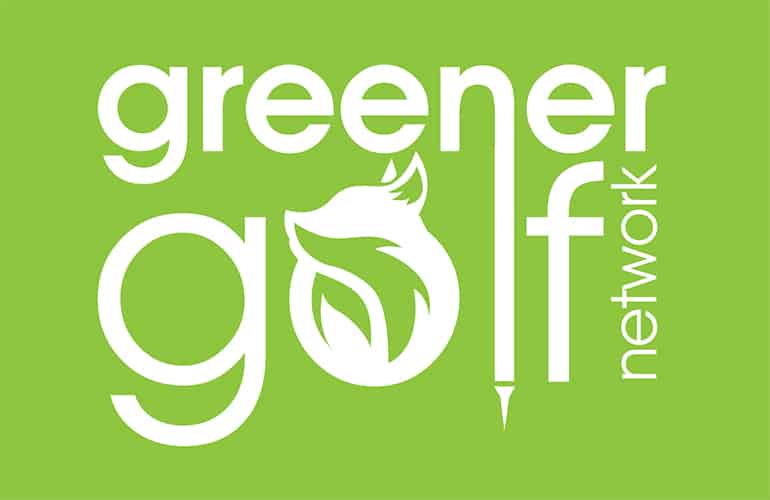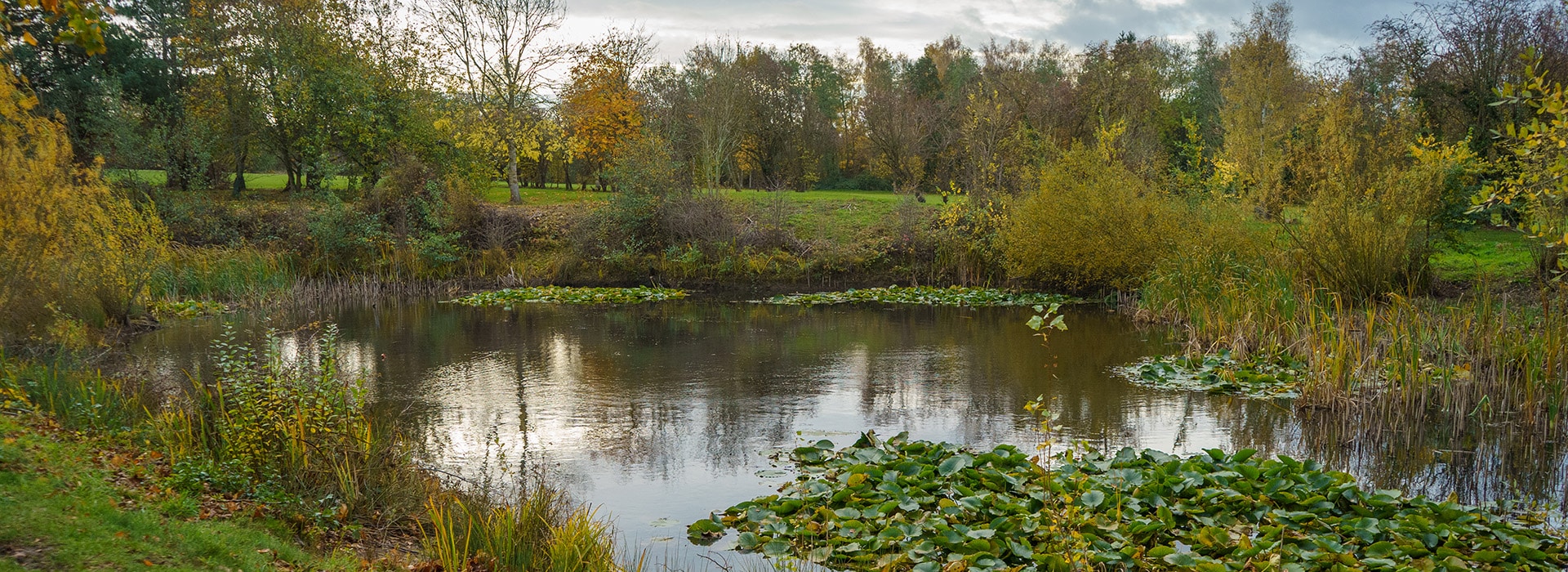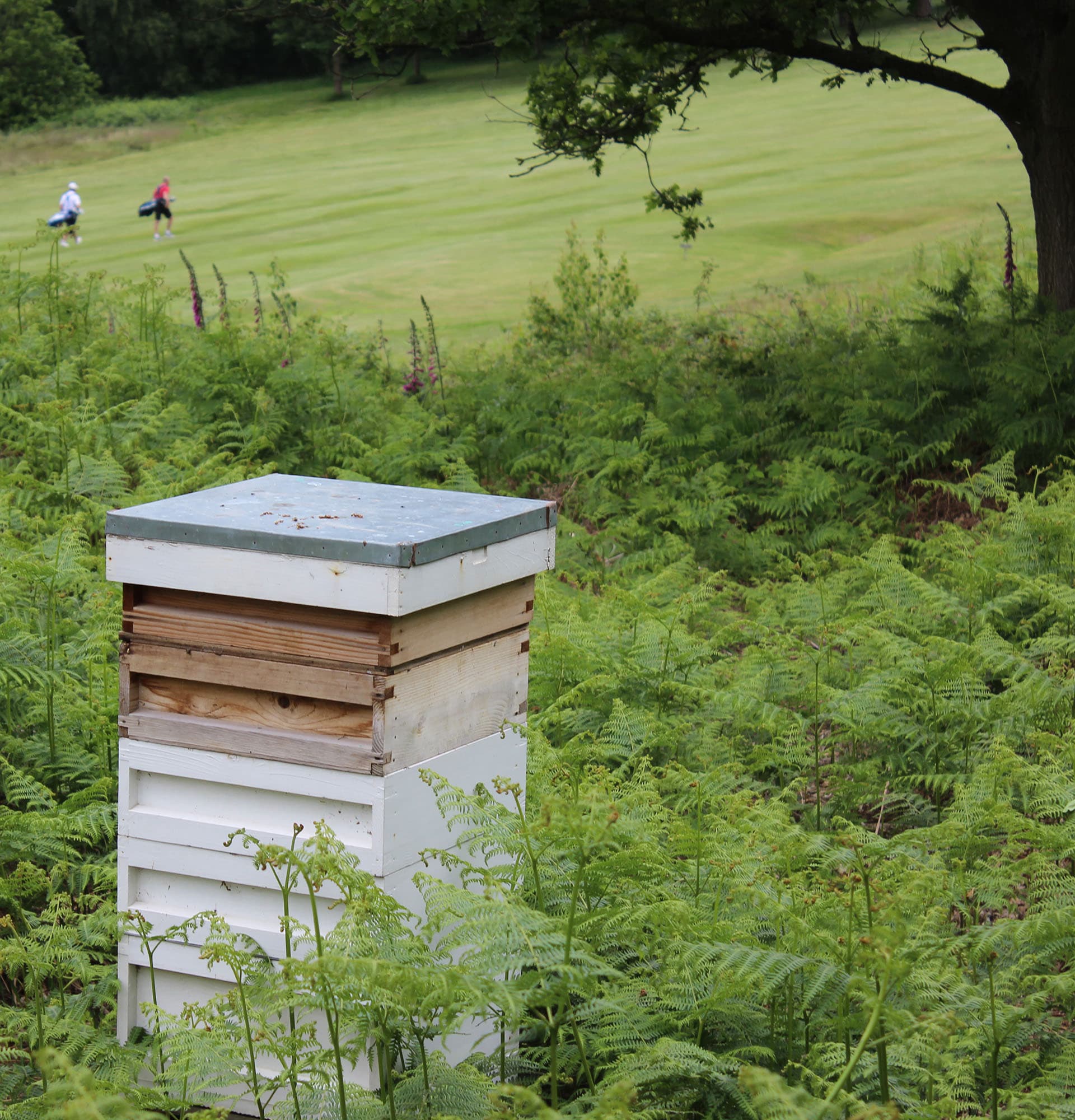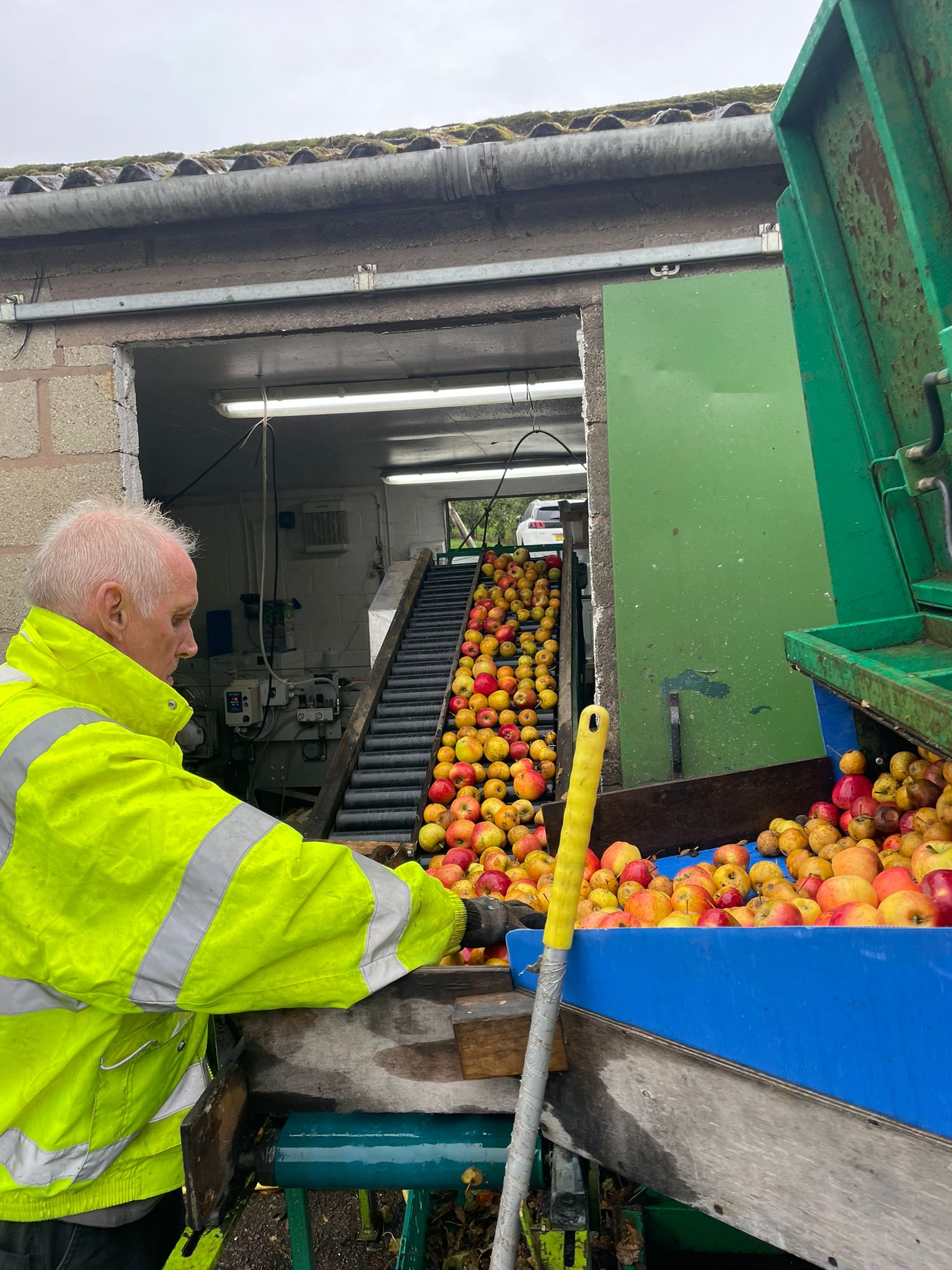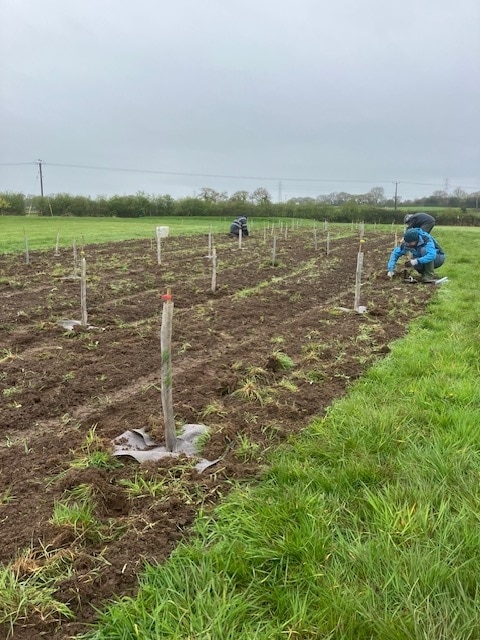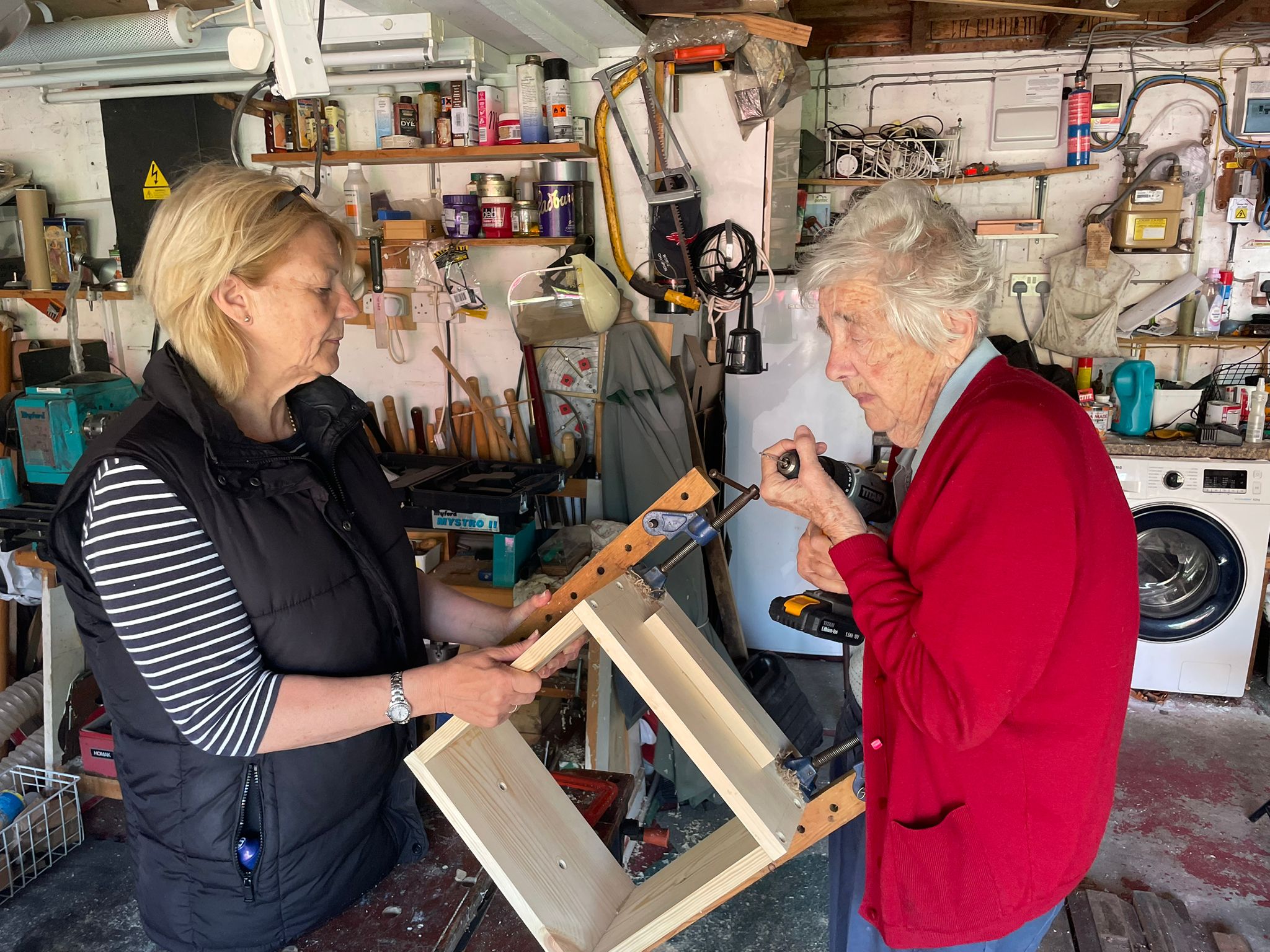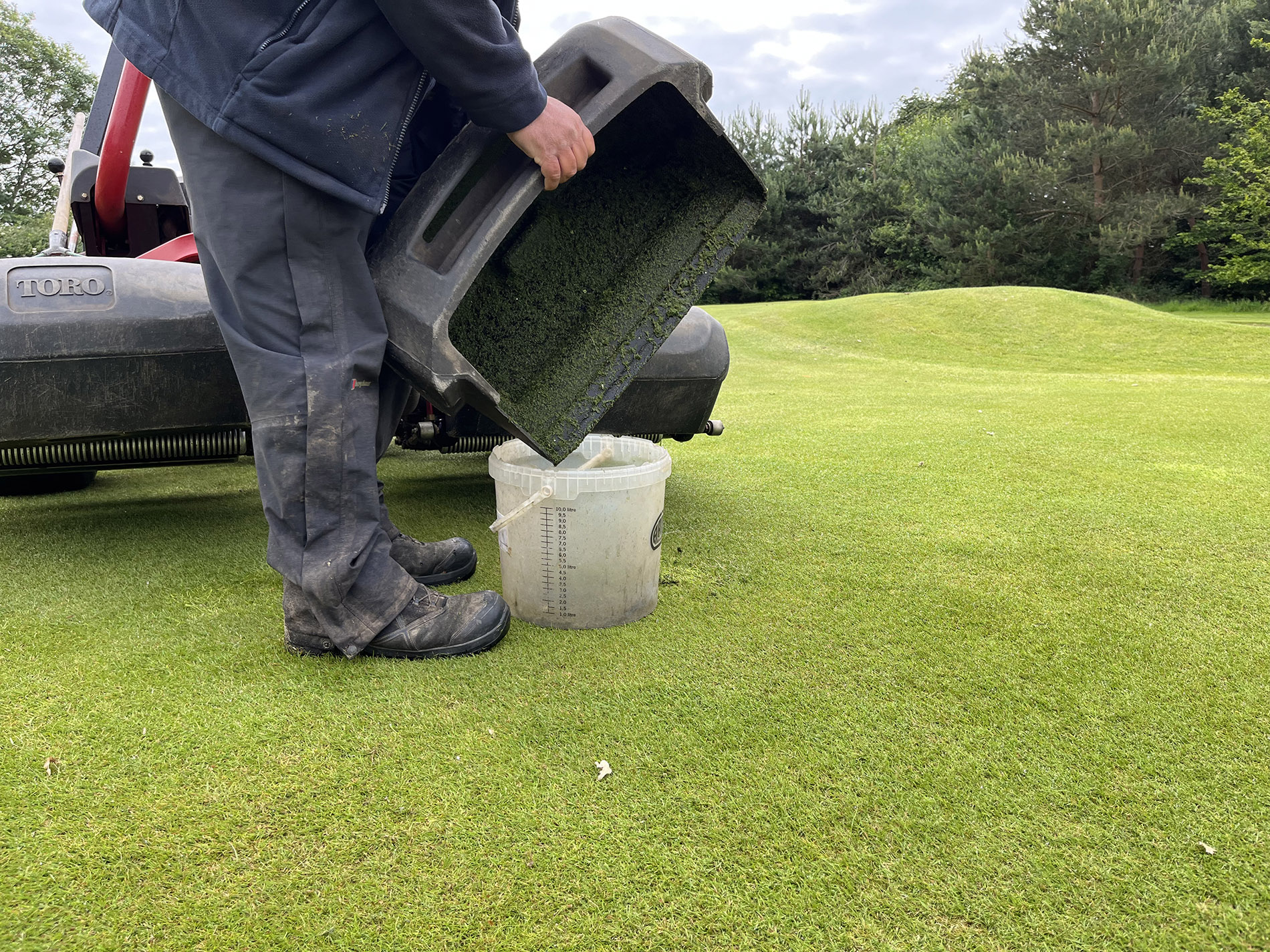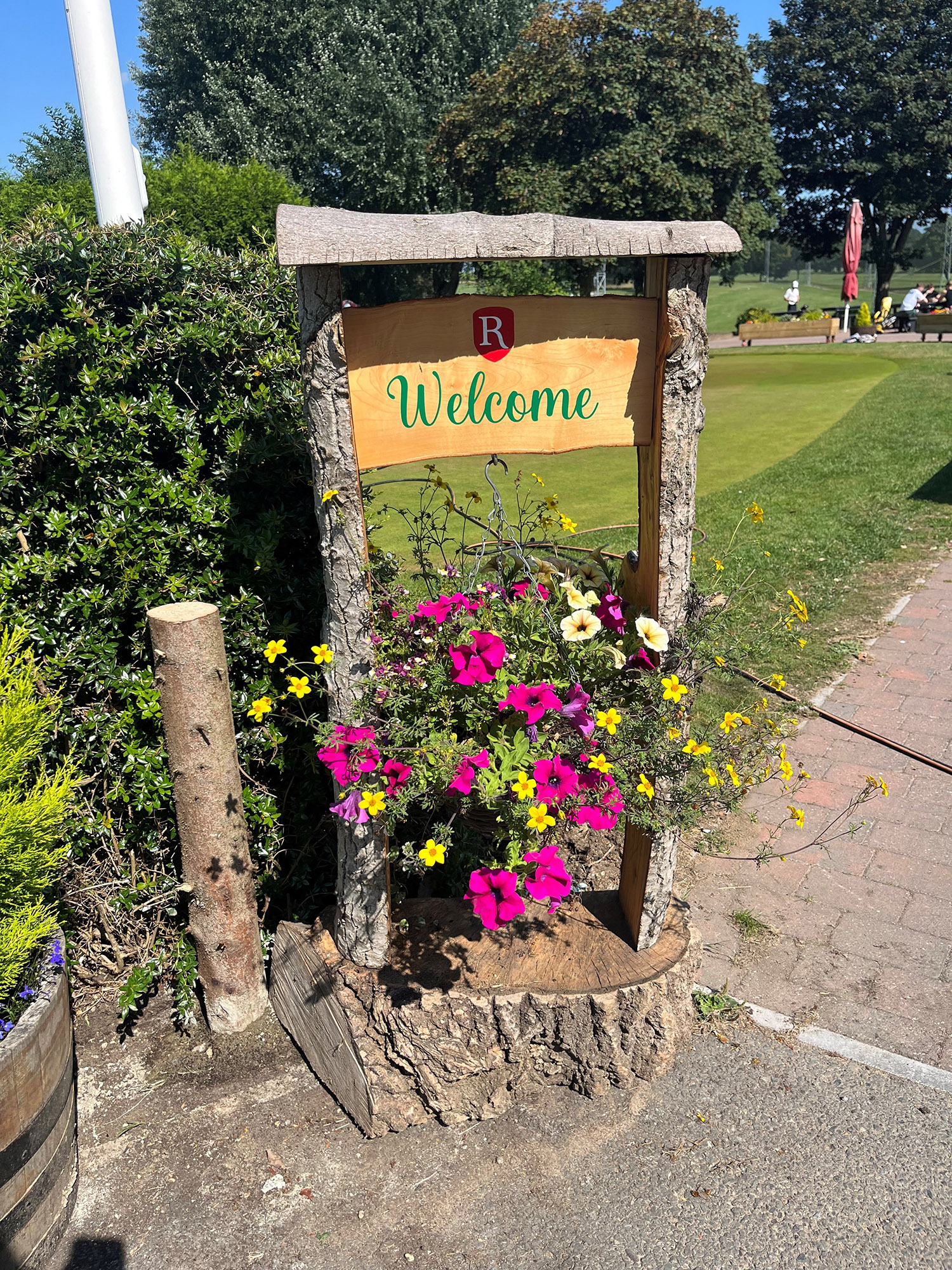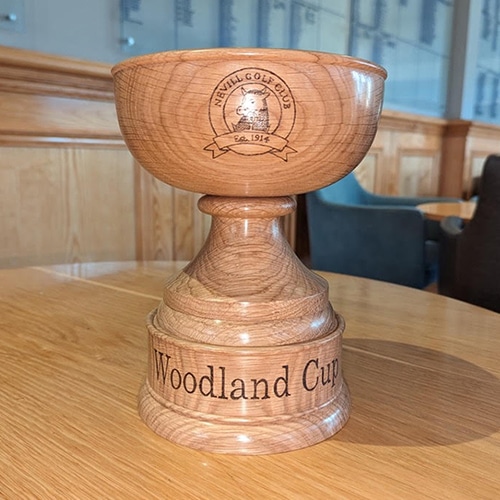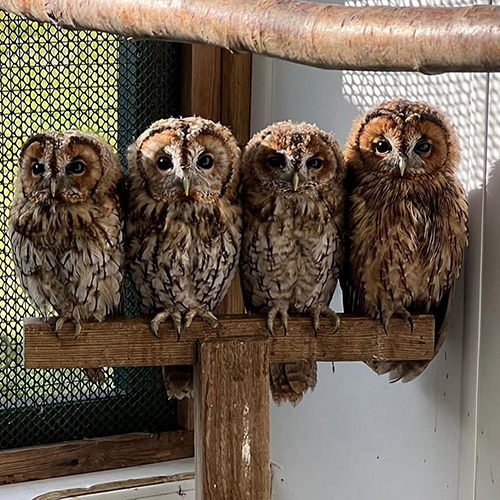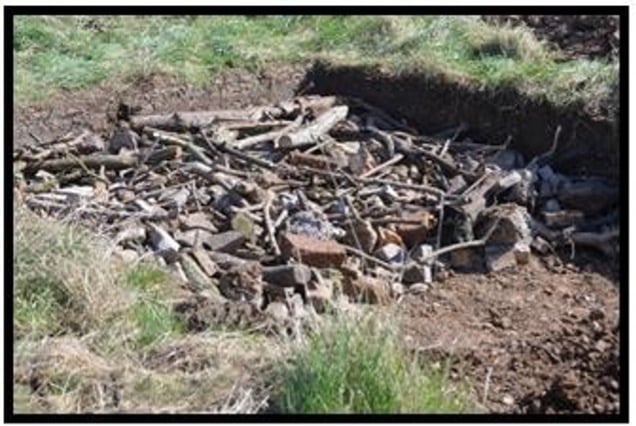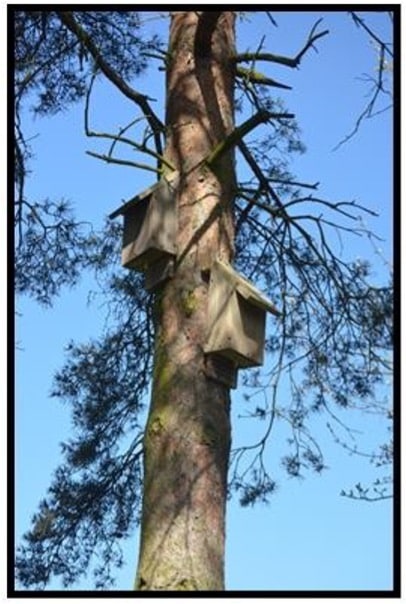The GreenerGolf Network is so-named because we aim to collaborate. We hope to be collaborative in several ways.
Firstly, with the greatest respect, golf clubs tend to be insular institutions and preoccupied by issues to do with membership, staffing and finance. Collaboration with other clubs, other than to arrange the fixture list, is rare. Other clubs tend to be, essentially, rivals.
One of our aspirations is to challenge this mindset, at least with respect to environmental issues. We hope to encourage and enable clubs to share ideas, problems and solutions, to work together for the common good of a healthier planet.
Secondly, since we began the project we have set out to collaborate with a range of golfing and environmental agencies. Foremost among these have been ENGLAND GOLF, with their new investment in sustainability golf. Since the outset England Golf officers have supported the project . It was natural also that we should work closely with an environment agency with similar county-based structures: the wildlife trusts. Golf clubs in our area have worked closely with staff from the local (Leicestershire and Rutland) wildlife trust, and they have become close ‘partners’ as we support them with their 30 x 30 goals (See the link on our site). As our project spreads, we are encouraging new county groups to develop their own networks, under the umbrella of the GGN, and partnership arrangements with their local wildlife where possible.
Material sent to us about sustainability and environmental work done at golf clubs around the country is shared here on the site.
Interest in our website has led to the development of partnership arrangements with a small, but growing, number of commercial bodies. We have been happy to collaborate with partners such as these, which are all seeking to support golf in moving towards greater sustainability.
